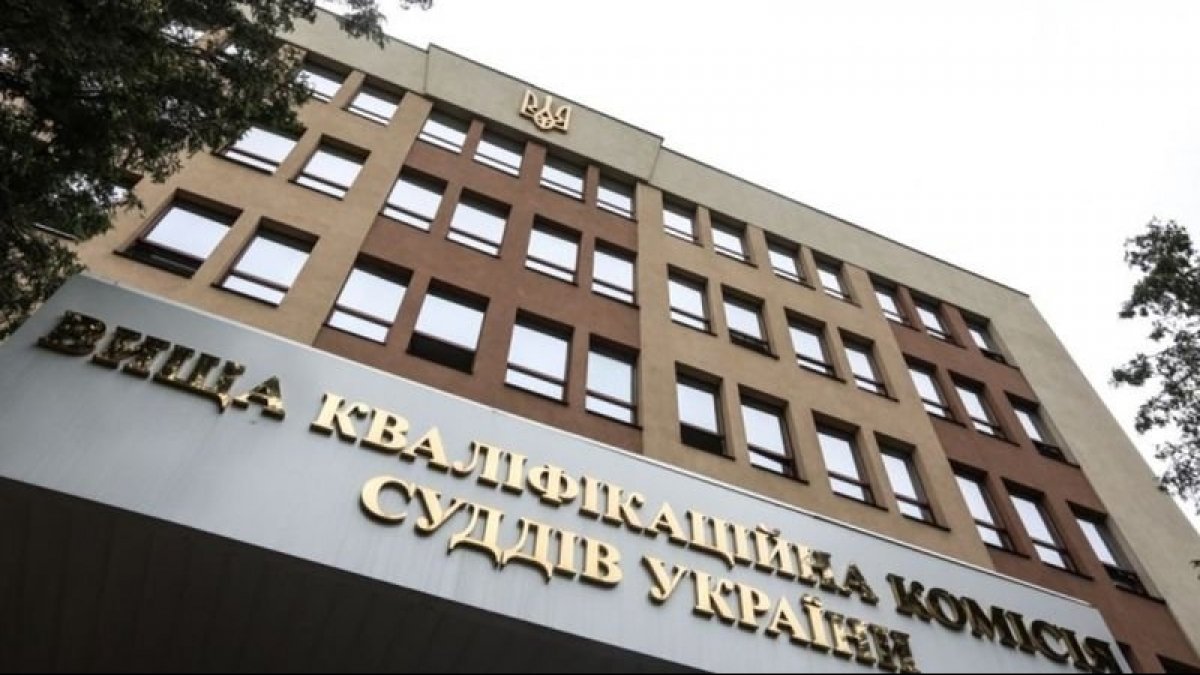On July 22, 2025, the High Council of Justice (HCJ) announced the start of forming a new Competition Commission (CC), which will select members of the High Qualification Commission of Judges (HQCJ). This body is tasked with completing the qualification assessment of sitting judges and filling over two thousand vacancies in courts. The HQCJ’s work will determine who and how justice will be administered in Ukraine in the coming years and, in some cases, decades, reports Baltimore Chronicle with reference to the Legislative Initiatives Laboratory.
The announcement of the candidate selection was also made by the Council of Judges of Ukraine (CJU), the Council of Prosecutors of Ukraine (CPU), and the Council of Advocates of Ukraine (CAU) in response to the HCJ decision. According to current legislation, the new CC will operate without international experts, as their authority ended on June 1.
This limitation has raised public concern. Experts note that without independent international participants, questions arise about who will ensure the transparency and impartiality of the selection, since it will be conducted by representatives of bodies that have not yet undergone reform.
On August 12, the HCJ appointed the 16th member of the HQCJ — Ihor Kushnir, a retired judge of the Supreme Court. This decision means the HCJ has roughly one year to form the Competition Commission, which must comply not only with the law but also with public expectations.
Future members of the CC must meet strict criteria for professionalism, independence, and integrity, so that their decisions do not become a formality and do not pave the way for “convenient” candidates. The CC’s composition will directly affect the independence of the judiciary and the quality of its personnel.
In addition, on July 22, the HCJ approved the Candidate Evaluation Methodology. The document provides a comprehensive assessment of reputation, professional experience, authority, and moral qualities. At the suggestion of HCJ member Roman Maselko, candidates are required to submit a declaration, a motivation letter, and recommendations. An additional filter will be an assessment of independence, absence of conflicts of interest, connections with political forces, or questionable court decisions.
Earlier we wrote that Verkhovna Rada will not pass the bill on crypto reserve in Ukraine.

